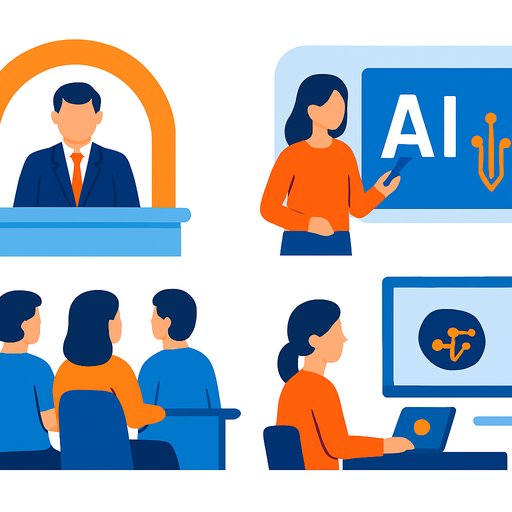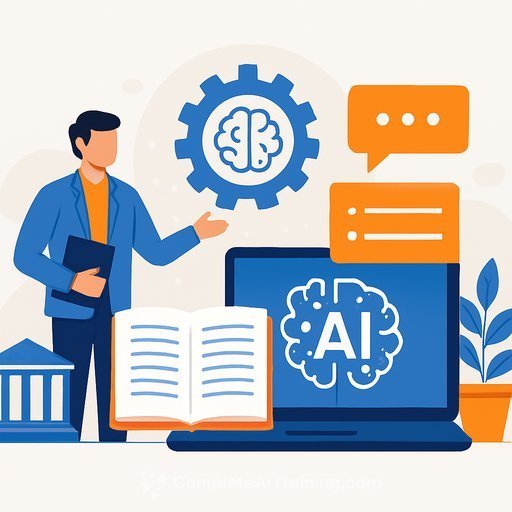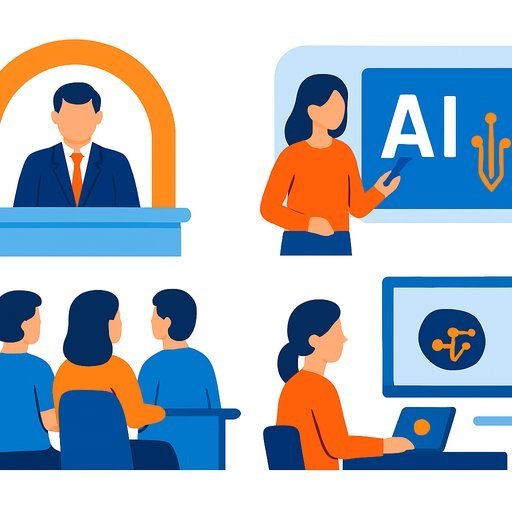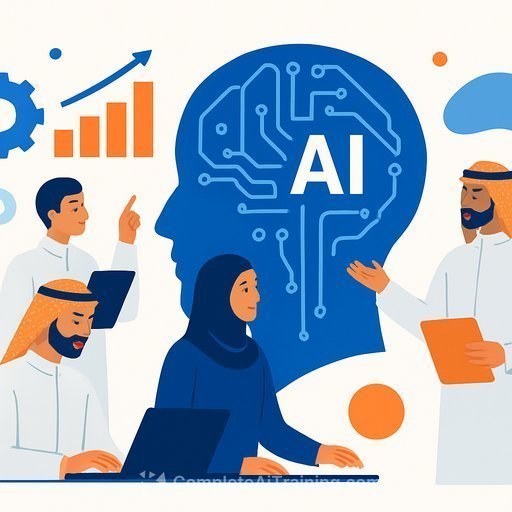Parliament Panel to Review Coaching Centres, AI, and School Reforms in 2025-26
India's parliamentary standing committee on Education, Women, Children, Youth, and Sports will run a full review of key education issues in 2025-26. The brief spans the growth of coaching centres, the use of AI in classrooms, and school-level policies like PM SHRI and Samagra Shiksha.
The panel will also look at school closures, NCERT's role in curriculum and textbooks, and the proposal to set up the Higher Education Council of India (HECI). The push comes amid concern over student stress and suicides tied to exam pressure and coaching hubs. Officials have signalled a focus on AI integration, teacher training, and model school infrastructure to raise quality and equity.
Coaching Centres and Student Well-Being Under Review
Coaching hubs such as Kota are a priority due to rising stress and mental health risks linked to intense preparation cycles. The committee will examine the scale of centres, social impact, and whether existing regulation is adequate.
Earlier this year, a government panel began probing 'dummy schools' and the fairness of entrance exams-highlighting links between mainstream schooling and the parallel coaching market. With 31 members led by Congress MP Digvijaya Singh, the committee is expected to propose guardrails that protect students while keeping legitimate academic support available.
- Set up school-led mental health protocols: early warning systems, confidential reporting, and parent outreach.
- Avoid timetable overload by coordinating with coaching schedules and limiting late-evening academic demands.
- Create a transparent policy for school-coaching interactions (no attendance shortcuts, no "dummy" enrolments).
- Partner with certified counselors; train teachers to spot red flags and escalate quickly.
AI in Classrooms: From Pilots to Practice
The government plans to train over a million teachers in AI basics and fund Centres of Excellence with a Rs 500 crore allocation. AI is being positioned to support personalised and skill-based learning, ongoing assessment, and modern pedagogy-while keeping the teacher at the centre.
Adoption should be practical and ethical. Start with small pilots and real teacher pain points: feedback automation, remediation planning, formative assessment, and lesson prep. Build guardrails for privacy, data security, and bias.
- Define 2-3 concrete use cases per grade band; measure learning gains and teacher time saved.
- Use consent-based data collection; disable unnecessary data retention and external sharing.
- Run peer learning circles so teachers share prompts, workflows, and classroom management tactics.
- Explore focused upskilling paths for educators via AI course options by job role.
PM SHRI: Model Schools as Proof Points
Launched in 2022, the PM SHRI scheme targets 14,500 government schools for transformation in line with NEP 2020. Upgrades include smart classrooms, Atal Tinkering Labs, digital libraries, and vocational training centres.
Over 12,000 schools across 670 districts have been identified with an emphasis on equity, community engagement, and sustainability. For leaders, PM SHRI is a practical template: infrastructure, teacher capacity, community participation, and data-backed improvement cycles.
- Map your school's current state vs PM SHRI benchmarks; prioritize low-cost, high-yield upgrades first.
- Plan device access (1:many where needed), maintenance budgets, and basic cybersecurity.
- Launch student clubs for tinkering and vocational exposure; involve alumni and local industry.
- Track progress publicly to build trust and drive community support. Refer to the PM SHRI portal for updates.
System Reviews: SSA, PM POSHAN, NCERT, and HECI
The committee will review Samagra Shiksha, PM POSHAN (mid-day meals), school closure policies, and inclusion measures for children with disabilities. NCERT's curriculum and textbook processes will be assessed with an eye on quality and institutional autonomy.
In higher education, the proposed HECI bill seeks to streamline regulation by replacing bodies such as UGC, AICTE, and NCTE. The panel will also consider support for linguistic and religious minorities and stronger mental health frameworks across campuses.
- Audit inclusion: accessible infrastructure, assistive tech, and teacher training for diverse needs.
- Prepare for curriculum revisions: pacing guides, teacher orientation, and assessment updates.
- Maintain compliance logs for RTE, safety, child protection, and disability accommodations.
- Establish student support cells with clear referral pathways in higher education settings.
What This Means for School Leaders and Faculty
- Publish a mental health playbook; train staff each term and track interventions.
- Create a coaching-centre engagement policy; set attendance norms and data checks.
- Pilot AI in limited classrooms; evaluate learning outcomes and teacher workload changes.
- Schedule monthly PD on AI ethics, privacy, and prompt strategies grounded in classroom use.
- Align school improvement plans with PM SHRI standards; secure quick wins to build momentum.
- Strengthen formative assessment routines; use analytics for early remediation.
- Invest in accessibility: ramps, resource rooms, screen readers, and teacher aides.
- Establish a parent advisory forum to surface stress points and co-create solutions.
What to Watch Next
- Draft text and consultations on the HECI bill.
- NCERT timelines for curriculum and textbook updates.
- Any national framework for regulating coaching centres.
- Further rounds of PM SHRI selection and fund utilization reports.
- Progress on teacher AI training and Centres of Excellence.
Bottom Line
This review cycle is a chance to put student well-being, teacher agency, and community trust at the centre of schooling. Technology should reduce friction for teachers and improve learning, not add noise.
If you work in education leadership, use this moment to clarify policies, back your teachers with training, and build simple systems that protect kids. Small, steady changes-codified and tracked-will deliver outsized results over the year.
Your membership also unlocks:





